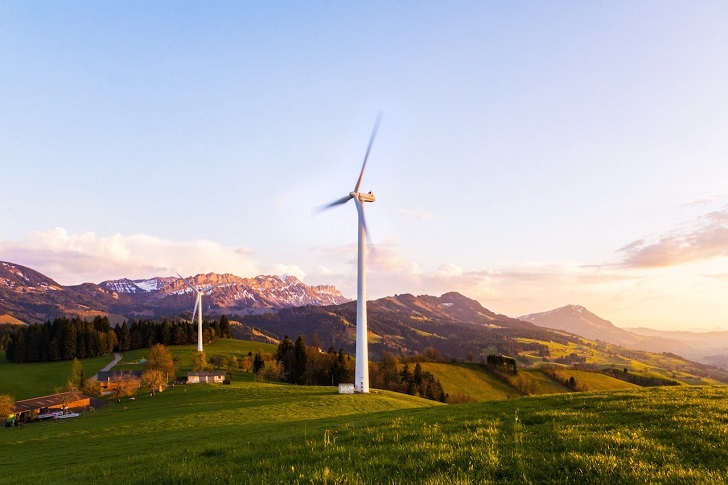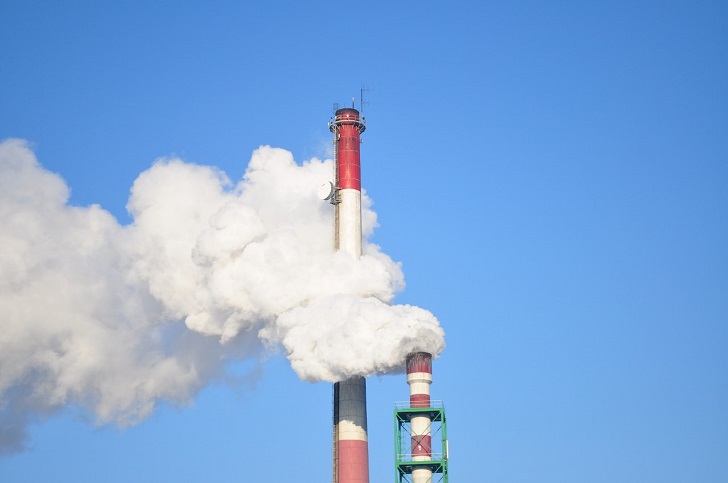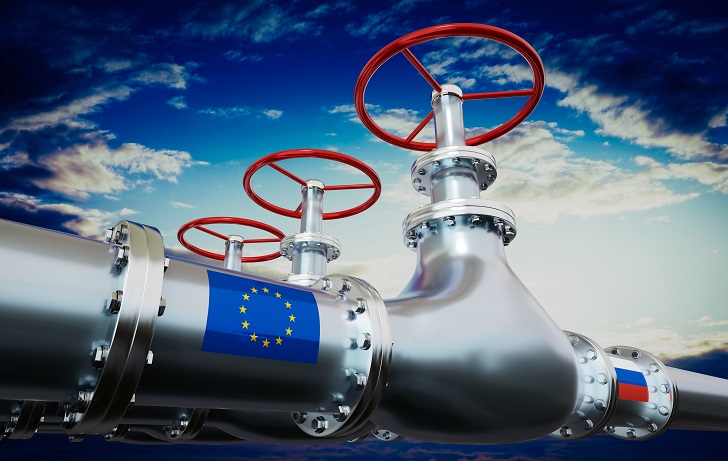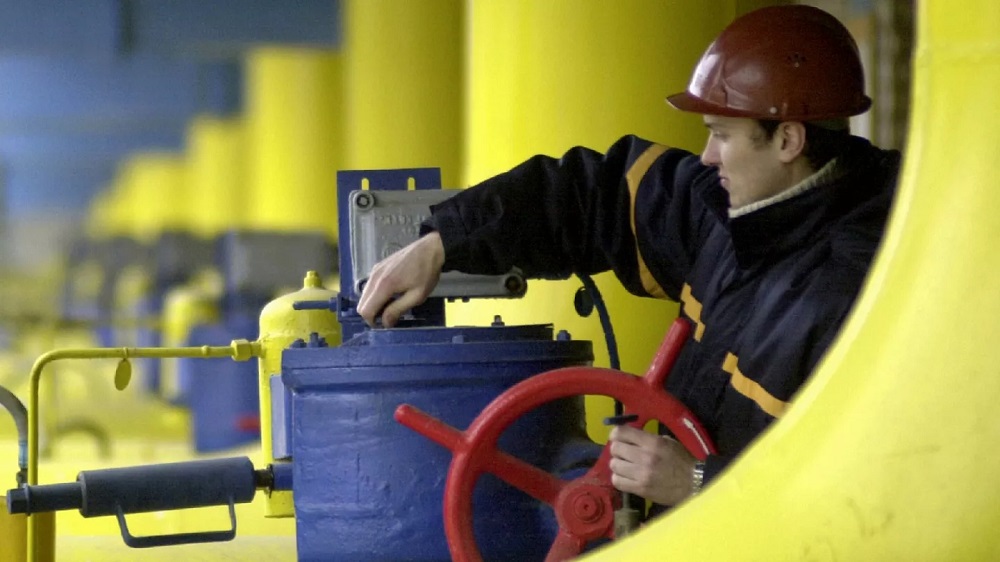Russia's vast oil and natural gas reserves are crucial in the global energy landscape. As one of the world's leading producers and exporters of these vital resources, Russia's oil and gas industry has significant economic, geopolitical, and environmental implications. In this article, we will explore why Russian oil and gas matters and the implications of its prominence in the international energy market.
Geopolitical Influence
The abundance of oil and gas resources gives Russia considerable geopolitical leverage. Russia can exert influence and negotiate on various political matters by controlling energy flows to other nations.
This has been particularly evident in its dealings with neighboring countries and European energy-importing nations. As a result, Russia's oil and gas policies often intertwine with its diplomatic and foreign relations strategies.

Pixabay/ Pexel | Russia is the world's second-largest producer of natural gas
Abundance of Resources
Russia is blessed with abundant reserves of oil and natural gas. The country has the world's largest proven natural gas reserves and is among the top crude oil producers. Its vast resources have made Russia a major player in the global energy market, significantly impacting energy prices and supply dynamics worldwide.
Energy Exporter
Russia's oil and gas exports are important for energy-importing and energy-exporting countries. Many nations, particularly in Europe, heavily rely on Russian oil and gas supplies to meet their energy needs. As a result, any disruption in the flow of Russian energy exports could lead to energy security concerns and price fluctuations in global markets.
Economic Significance
The Russian oil and gas industry is pivotal to the country's economy. Revenues from oil and gas exports constitute a substantial portion of the Russian government's budget. These earnings also contribute significantly to the nation's overall GDP. The oil and gas sector employs many people and fuels growth in various related industries, thus influencing the country's economic stability and development.

Pixabay/ Pexel | The supply of Russian gas to Europe has been a subject of geopolitical debate
Energy Dependence in Europe
Europe's high dependence on Russian oil and gas has concerned European governments and policymakers. Some European countries receive a substantial portion of their energy supplies from Russia, making them vulnerable to potential disruptions in supply.
This has led to debates about diversifying energy sources and constructing alternative energy infrastructure, such as pipelines and LNG terminals, to reduce dependence on Russian energy.
OPEC Relations
Russia's significant oil producer and exporter position has also impacted its relations with OPEC (Organization of the Petroleum Exporting Countries).
At times, Russia has cooperated with OPEC in implementing production cuts to stabilize oil prices, while at other times, it has pursued its production strategies to gain market share. Its role as a non-OPEC member with considerable influence in global oil markets has added complexity to international energy dynamics.

Anthony Wright/ Shutterstock | Some European countries heavily depend on Russian gas imports
Environmental Concerns
Russian oil and gas extraction and production raises environmental concerns despite its economic and geopolitical significance. The oil and gas industry is associated with greenhouse gas emissions, air pollution, and environmental degradation. Moreover, Russia's reliance on traditional fossil fuels has implications for global efforts to combat climate change and transition to cleaner, renewable energy sources.
Energy Competition and Market Share
Russia competes with other major oil and gas producers, such as the United States and Saudi Arabia, for market share. As global energy demand continues to grow, competition among these countries for customers and influence in international markets remains intense. Price fluctuations and supply decisions by any of these key players can impact energy prices and security worldwide.

